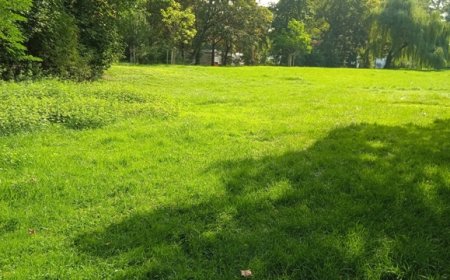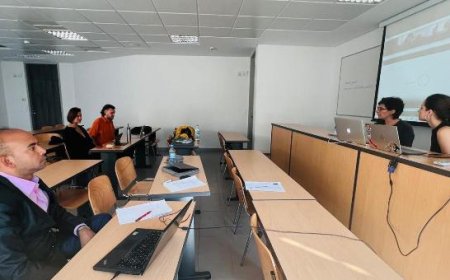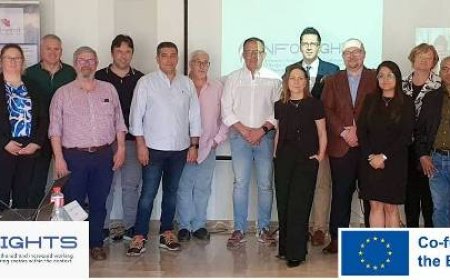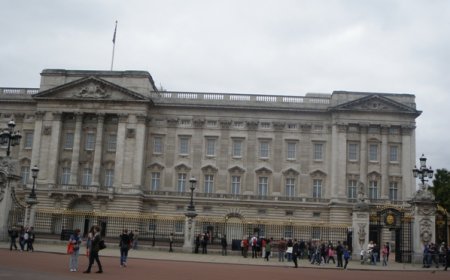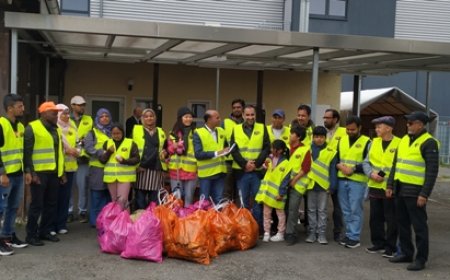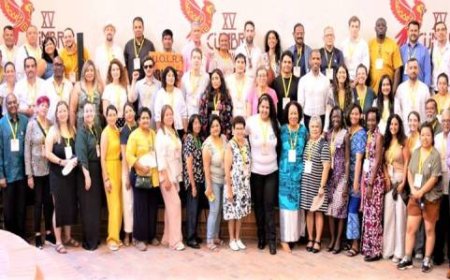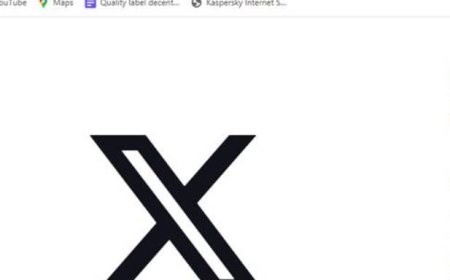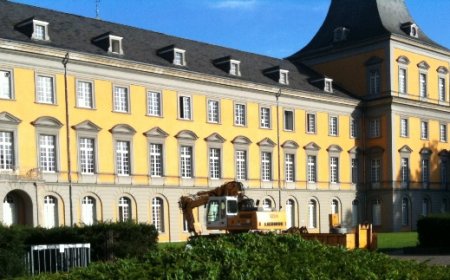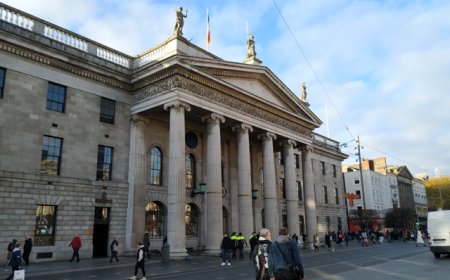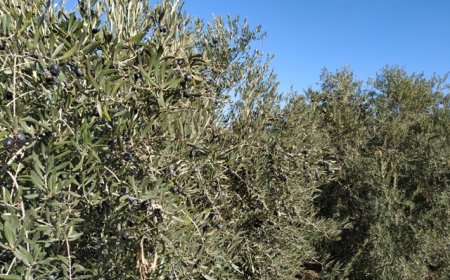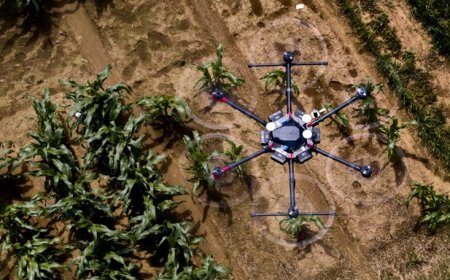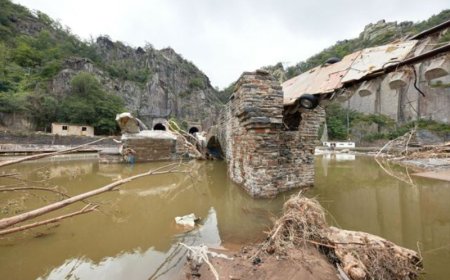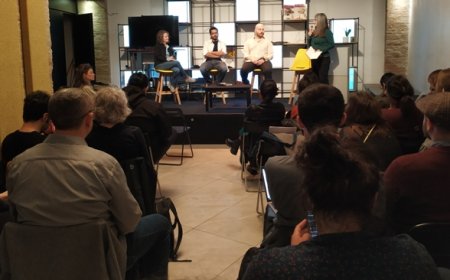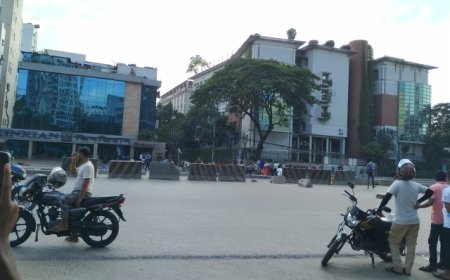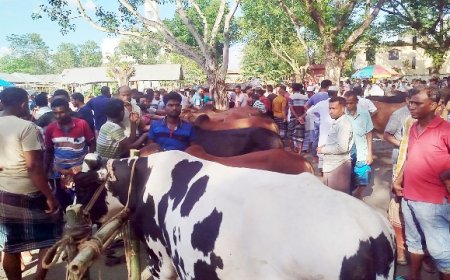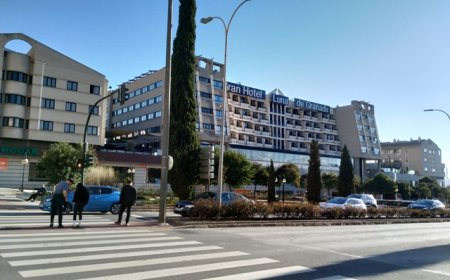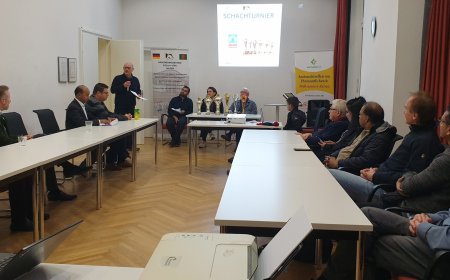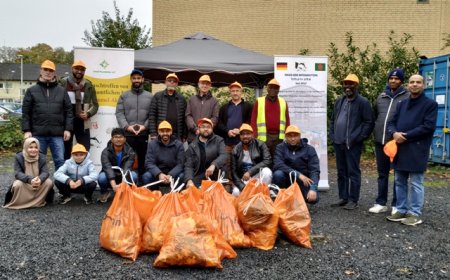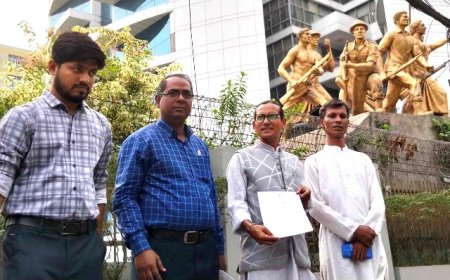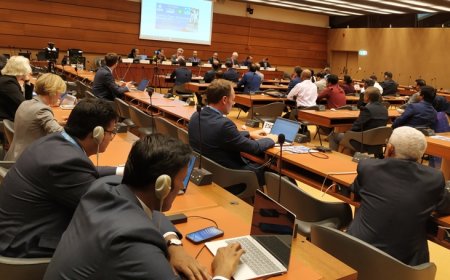Giant Banks Funding Companies Responsible for Deforestation in Gran Chaco
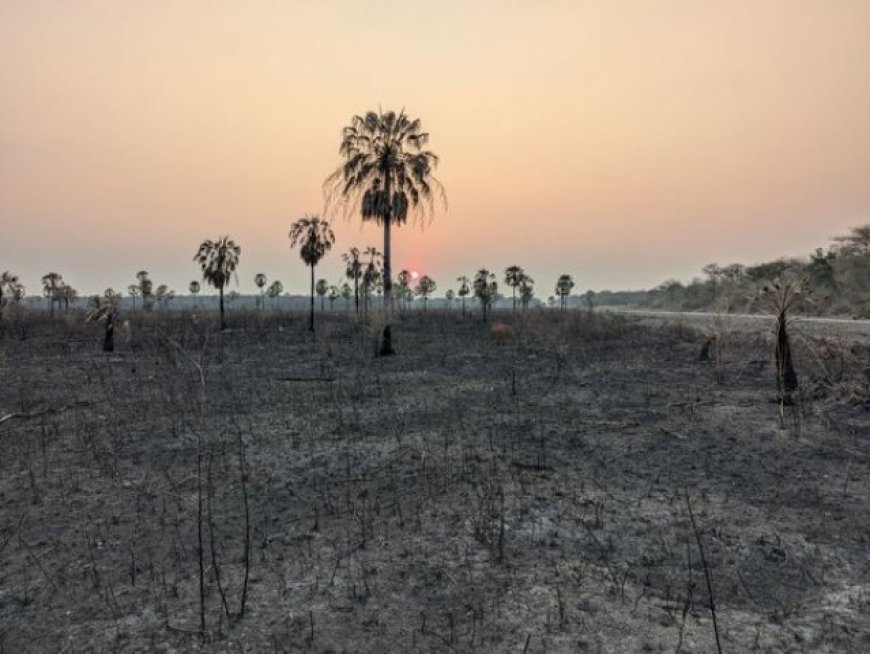
- - Marta Abba and Dr Abdul Hai
With over $1.7 billion, 10 major banks have financed those who are deforesting the Gran Chaco to feed the global meat business. The figure is in American dollars, but some of the institutions involved are European and all together contribute over 600 million dollars, even though most boast of having active and virtuous anti-deforestation policies.
This is denounced by NGO Global Witness with an investigation dedicated to the disappearance of a forest as big as New York City, located in Paraguay. Not just any forest, but the Gran Chaco, home to one of the last uncontacted indigenous peoples in South America (Ayoreo Totobiegosode), along with 3,400 plant species and 500 bird species.
USA, Europe, Japan: everyone eats in Paraguay
Analysing Refinitiv Eikon's data, it emerges that between 2021 and 2023, large global banks provided financial services such as loans and bond underwriting to two meat-packing bigwigs who, in turn, bought meat from animals reared in areas where the trees that have always lived there were to continue to be 'farmed'. An indirect liability, but one that exists and contradicts every statement of good intentions and promises that can reach the unsuspecting users of all these banking institutions.
The American J P Morgan alone provided $544 million in credit to Minerva Foods, and Bank of America provided $360 million to Frigorífico Concepción. Morgan Stanley and Oppenheimer also contributed from the US, one with $51 million to Minerva and the other with $15 million each, but neither of them has a Deforestation Policy. On the other hand, almost all the European banks involved have it, and on full display, none of whom had any qualms about feeding their business with meat packed by Minerva. The English HSBC provided financial services for $210 million, the Dutch Rabobank for $198 million and the Spanish BBVA for $51 million. Also from Spain is Santander with its $141 million: from the survey it does not appear to have an anti-deforestation policy as contradictory, but it certainly has millions if not billions of users scattered in different countries and unaware. Also on Global Witness's list are two Japanese banks, Mitsubishi UFJ and Mizuho Financial Group, the first with the policy, green, the other without, both with $51 million worth of financial services for Minerva marked alongside.
Banks but not only banks
To point the finger at the banks, it is legitimate, because even if none of their employees have immersed themselves in Paraguay's precious biodiversity directly, they have all concretely contributed to its destruction. Not to see, but to know is their duty. This must not obscure the responsibilities of those who carry on a decidedly profitable business, without any attention to the impact on the global, climatic, environmental and biodiversity survival balances. As much as money, it too is an asset and belongs to everyone. The two companies supported and directly involved in the disappearance of the Gran Chaco both reacted after the investigation came out. Frigorífico Concepción pledged not to buy cattle from areas affected by deforestation. Minerva Foods reiterated that it operates in compliance with environmental laws in Paraguay, blocking its relationship with ranchers who encroach on indigenous land. Assuming they both do so from now on, what has already been done? What price have nature and indigenous people paid? We are not in a bank, biodiversity cannot always be returned 'somehow', like money.
Making food, violating rights on nature
In accordance with the findings of Global Witness, neither Minerva Foods nor Frigorifico Concepcion has a comprehensive “zero deforestation” policy applicable for their Paraguayan operations, although Minerva Foods has commitment to end “illegal” deforestation from its direct and indirect supply chains by 2030.
Cheap land, low taxes and weak environmental laws for cattle ranchers contribute to this deforestation crisis in Paraguay. Over the last twenty years, the green of the forest has been disappearing. In its place, small white blocks - the sign of cattle farms - appear everywhere. If current rates of deforestation continue, the Gran Chaco could disappear by 2080. The ongoing deforestation not only jeopardises Paraguay’s environmental future, but also poses a direct threat to global climate stability.
The spokesperson from the indigenous community Ayoreo Totobiegosode Guede (pseudonym), from Chaidi, lamented, ‘If the Ayoreo ceased to exist, Paraguay would lose a part of its fundamental spirit. If our territory were lost, the country would also lose a huge conservation asset.’ It is notable that Chaidi, is a small settlement in the heart of Northern Chaco and is flanked by cattle farms to the south and to the west.
Guede and his community have spent years demanding the state recognition of a 550,000 hectares zone in the northern Chaco. The Totobiegosode officially first submitted their request for land known as Patrimonio Nacional y Cultural Ayoreo Totobiegosode (PNCAT) to the state in 1993. Global Witness’s research shows that two cattle companies have deforested over 18,000 hectares in farms that overlap the PNCAT between 2021-2023.
Manager of Defensores del Chaco National Park Silvino Gonzalez told Global Witness, “We produce food for people all over the world, but at what cost? At the cost of nature.”
What's Your Reaction?







